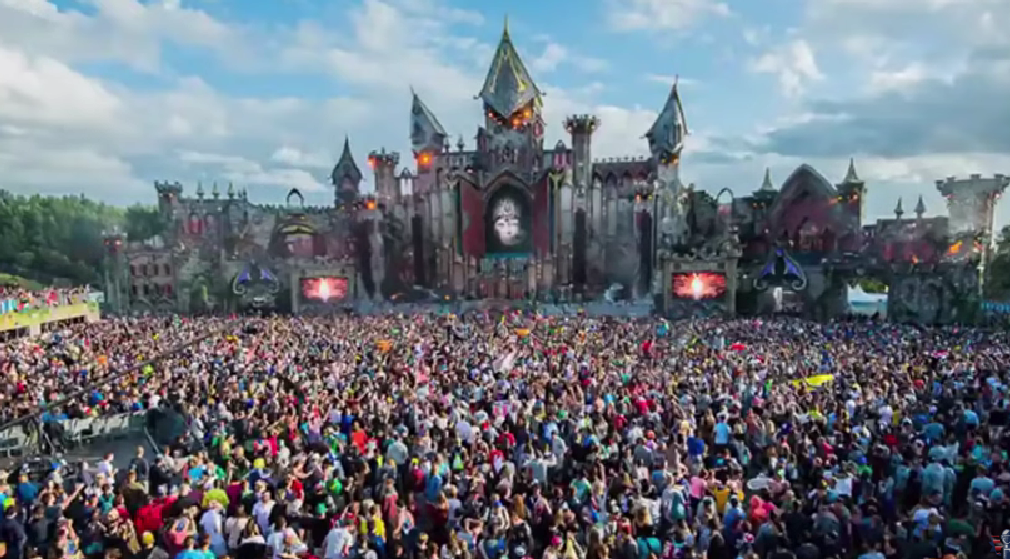Healthy People Getting Cancer Before Age 50, Study Says
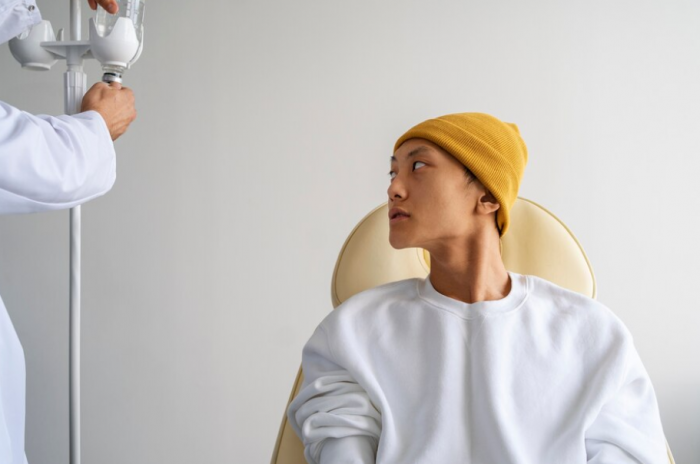
©️ Freepik
Cancer is typically thought of as an older adult’s disease, but a concerning trend is emerging: diagnoses in young people are increasing. A month ago, Princess Kate, the wife of Prince William, the future king of England, was diagnosed with cancer. She is 42 years old. This sparked the conversation about the ongoing concern about cancer risk factors in young adults. While the reasons remain unclear, experts are urging awareness and early detection.
Cancer Risk Factors in Young Adults
A study looked at how many people worldwide are getting cancer at a young age, using data from the Global Burden of Disease (GBD) 2019 study. They looked at data for 29 types of cancer from the GBD. Between 1990 and 2019, the number of young people getting cancer went up by 79.1%, and the number of young people dying from cancer went up by 27.7%.
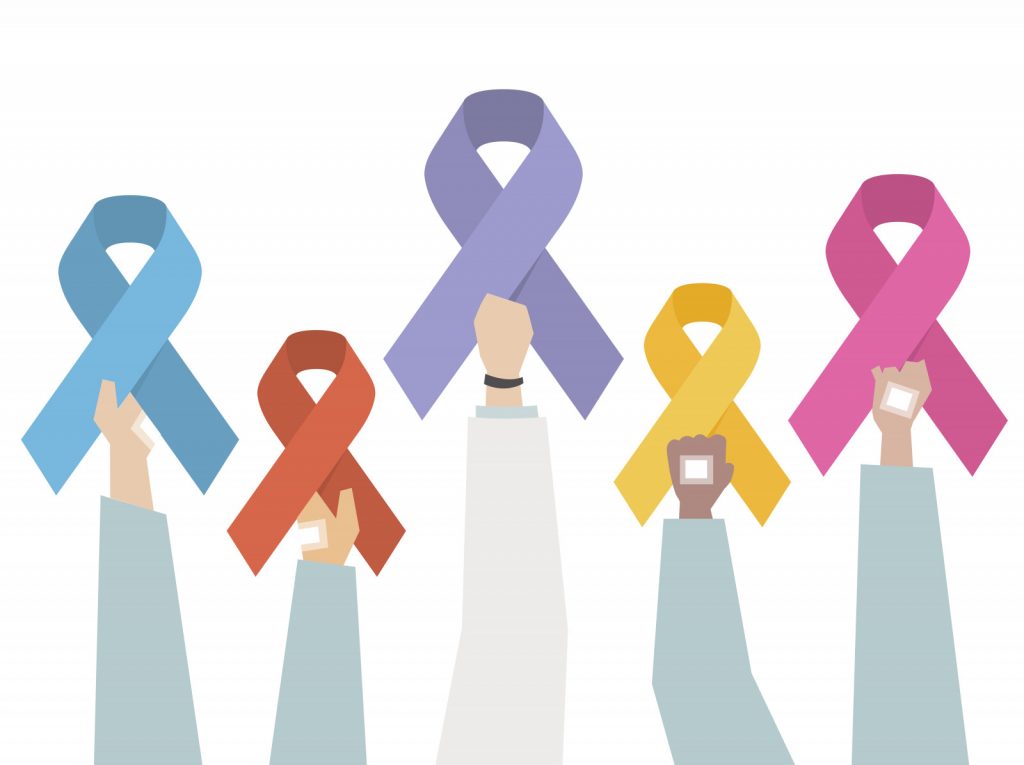
The cancers causing the most deaths and health problems in young people in 2019 were breast cancer, lung cancer, stomach cancer, and colorectal cancer. The number of young people getting nasopharyngeal and prostate cancer went up the fastest, while liver cancer went down. The data showed that colorectal cancer causes a lot of health problems for both young men and women.
The number of young people getting cancer is going up everywhere, but it varies depending on where you live and what type of cancer it is. Eating well, not drinking too much alcohol, and not smoking can help reduce the risk of getting cancer when you’re young.
The study predicts that by 2030, the number of young people getting cancer will go up by 31%, and the number of young people dying from cancer will go up by 21%.
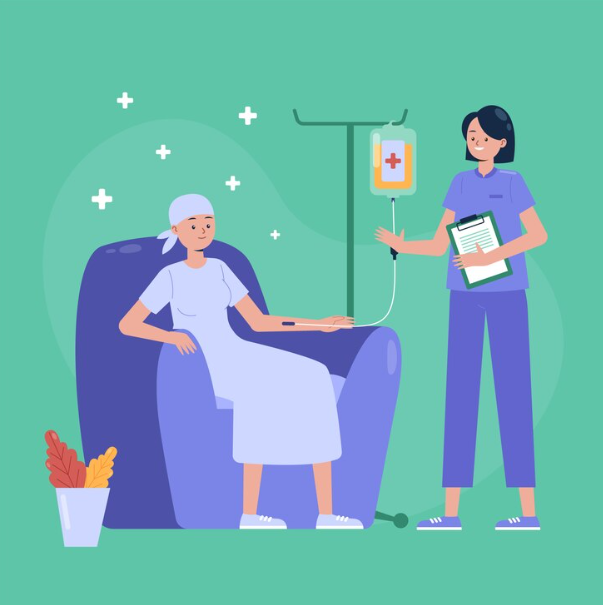
Why the Rise?
Doctors aren’t sure why younger adults are seeing more cancer diagnoses. Some possibilities include:
- Improved Detection: Earlier and better screening might be finding cancers that would have gone unnoticed before.
- Lifestyle Changes: Factors like obesity, unhealthy diets, and lack of exercise could be contributing.
- Environmental Influences: Exposure to pollutants or unknown environmental factors might play a role.
- Genetics: Inherited predispositions for certain cancers may be a factor.
Earlier Detection Saves Lives
The good news is that early detection is crucial for successful cancer treatment. Younger patients often tolerate harsher treatments better, leading to higher survival rates. Additionally, they’re more likely to be aware of their bodies and seek help upon noticing changes.
Challenges for Young Adults
A cancer diagnosis in your 30s or 40s presents unique challenges. Young adults may have young families, careers, and financial burdens, making treatment a complex hurdle. Fortunately, specialized support programs are emerging to address these needs.
How to Reduce Your Risk
While the exact causes of young adult cancers are unknown, there are steps you can take to reduce your risk:
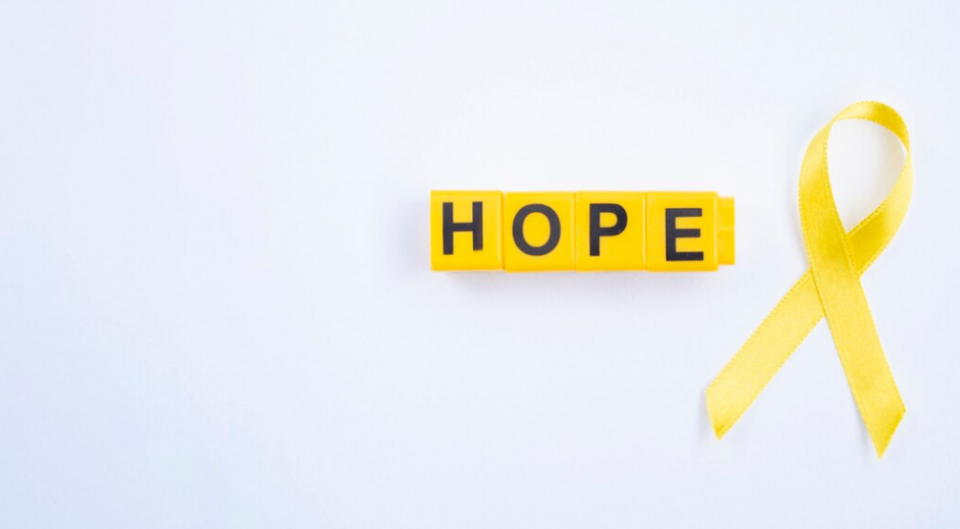
- Maintain a Healthy Weight: Obesity is a known risk factor for several cancers.
- Eat a Balanced Diet: Focus on fruits, vegetables, and whole grains, limiting processed foods.
- Exercise Regularly: Aim for at least 30 minutes of moderate-intensity exercise most days of the week.
- Limit Alcohol and Tobacco: These substances significantly increase cancer risk.
- Get Screened According to Guidelines: Regular screenings can detect cancer early when it’s most treatable.
The Road Ahead
Researchers are actively investigating the rise of cancer in young adults. In the meantime, prioritizing a healthy lifestyle and being aware of your body are crucial. Early detection remains the most powerful tool in the fight against cancer.
When was the last time you had a health check-up? Tell us in the comments.
You may also like: Princess Kate’s Preventive Chemotherapy: What Is it and Why Is it Necessary?



